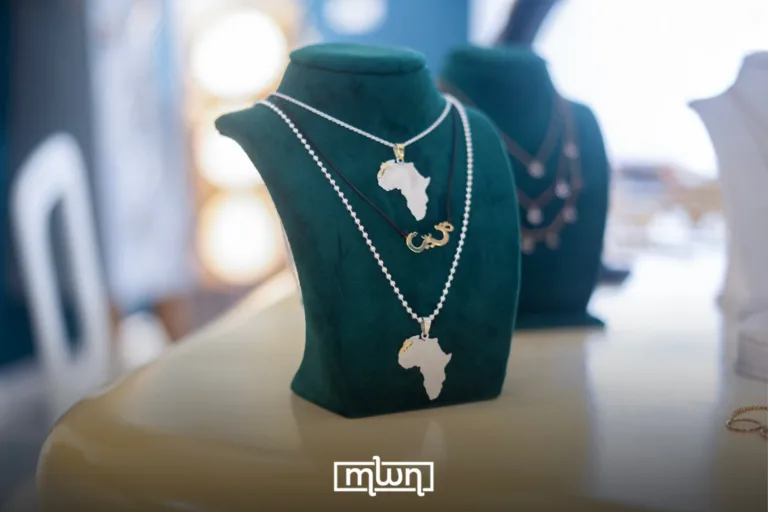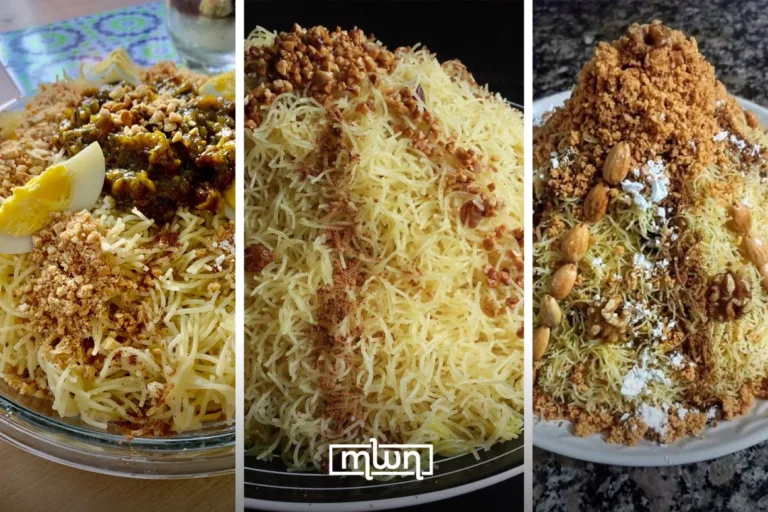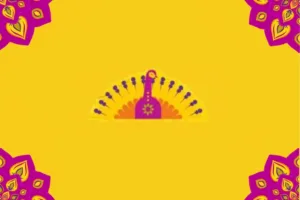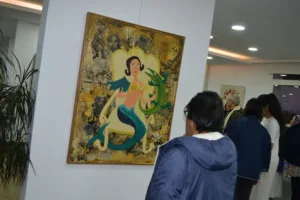What looks like playful chaos on Zamzam Day actually traces back to centuries-old beliefs, and surprising origins.
Fez – On the tenth day of Muharram, known globally in Islam as Ashura, Morocco takes on a unique rhythm.
From the narrow alleys of the medina to the remote corners of the countryside, splashes of cold water fly through the air in what locals fondly call “Zamzam Day.”
But while most Moroccans see it as a harmless tradition or even a joyful rite, few pause to ask: where does this practice come from, what does it mean, and is it even Islamic?
Let’s unpack a ritual that has soaked generations in both celebration and controversy.
In cities, the day starts early. As soon as the sun rises, it’s open season, siblings soak each other, and children chase friends through the streets armed with buckets, bottles, and sometimes even water balloons.
Schoolyards become battlegrounds where teachers are forced to brace for chaos. In fact, many schools issue warnings, and some students skip class altogether to avoid getting drenched, or worse, pelted with eggs.
For adults, it’s easy to smile and say, “Let the kids have their fun.” But in recent years, complaints have grown louder about the aggressive and sometimes humiliating turn the tradition has taken in urban centers.
What began as playful splashing has, in many areas, morphed into harassment, particularly when teens use the opportunity to target others under the guise of tradition.
In the countryside, however, things take on a different tone.
While city kids treat water like a toy, rural families use it as a blessing. Before sunrise, farmers, shepherds, and housewives draw water from wells and go on a quiet, deliberate ritual: sprinkling animals, crops, grains, and even kitchen supplies.
Children are gently woken and their faces are rinsed with cold water. The belief is simple: whoever rises early and is touched by water on this day will be full of energy all year. Those who sleep in? Doomed to laziness.
Here, water isn’t mischief. It’s hope.
In many villages, people still believe that whatever is touched by water on Ashura will flourish, and whatever is left dry may perish or bring bad luck.
That belief, while deeply rooted, brings us to a far more complex and layered question.
Does the tradition have other roots?
Many Moroccans are surprised to learn that this Ashura ritual of splashing water is not Islamic in origin.
Several researchers and historians trace it back to Moroccan Jews who, for centuries, celebrated this day by throwing water as a symbol of life and divine intervention.
The practice likely stems from the story of Moses, whom God saved from Pharaoh’s army by parting the Red Sea, a story also commemorated on Ashura.
In Jewish communities, especially in Libya and later Morocco, children would throw water for fun while adults sprinkled valuables in hopes of receiving blessings and rain in the coming year.
When Moroccan Jews left en masse in the mid-20th century, they left behind many customs. This one, colorful, playful, and visually striking, was absorbed into popular Moroccan culture, often without questioning its origin.
But what does Islam say?
From an Islamic point of view, the only prescribed practice on Ashura is fasting. The Prophet Muhammad (peace be upon him) fasted on this day to honor the salvation of Moses and his people and encouraged Muslims to do the same, adding that they should also fast on the ninth to distinguish themselves from the Jews.
So where does that leave the water wars?
For many scholars, the water-throwing ritual is classified as “bid‘a,” a religious innovation with no foundation in Islamic teachings.
And while it may appear harmless, critics argue that turning a solemn day of remembrance into a chaotic festival dilutes its spiritual meaning and risks pushing youth away from deeper reflection.
There’s nothing wrong with joy, especially when rooted in community. But turning that joy into disorder, especially when it involves humiliating others, is another story.
The solution isn’t to scold young people for having fun, but to offer better outlets. Public spaces, creative programs, and cultural activities can give Ashura new life without draining its significance.
As for the ritual of water? It may still hold a place for those who engage with it meaningfully, especially in rural contexts. But perhaps it’s time to separate heritage from habit, and ask: are we celebrating Ashura, or just reenacting a ritual we don’t fully understand?
Morocco has a rich religious tradition and a deeply layered cultural memory. The key now is to move forward with both, without losing sight of either.
















